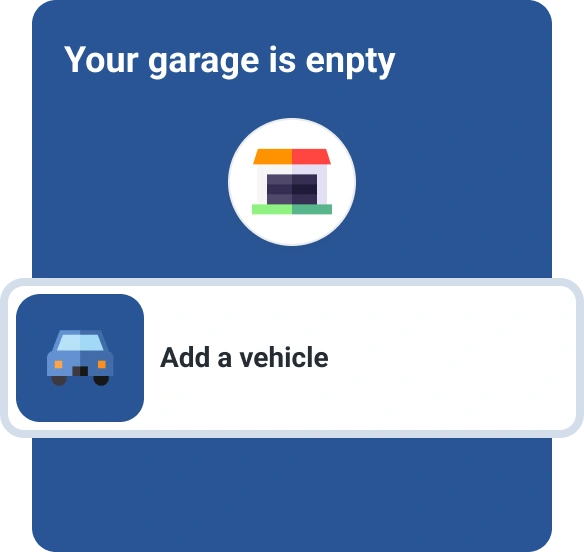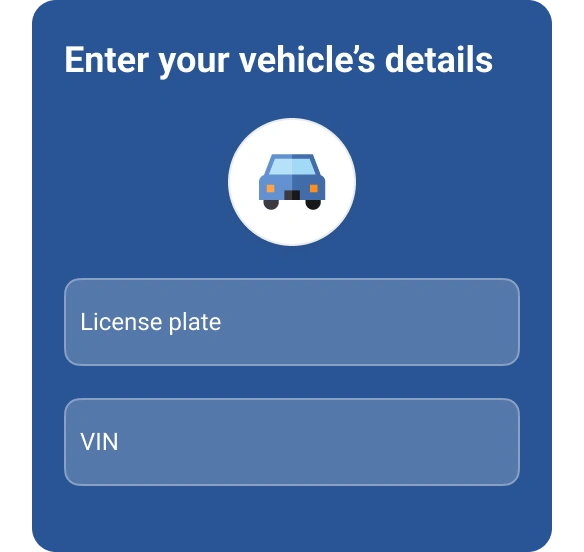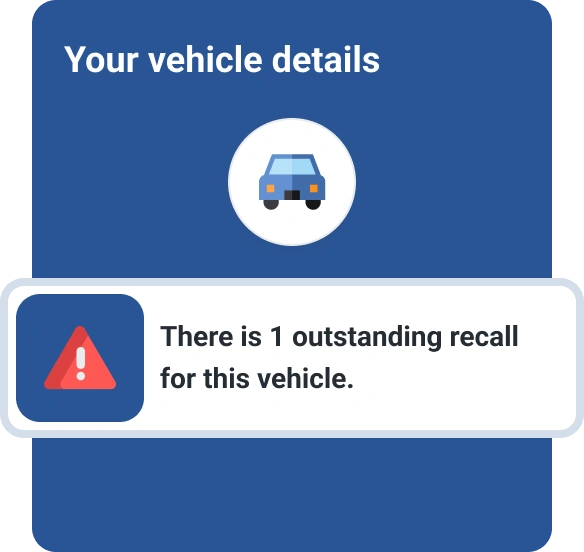Is It Cheaper to Buy a New Car or a Used Car?
Quick Answer
It may be cheaper to buy a used car than a new car. However, maintenance and repair costs tend to be higher for older cars than newer cars. Plus, cars normally lose their value as the years go by.

New or used? It's a question that millions of car buyers face every year. Used cars often are cheaper to buy, but you should consider several factors before choosing whether a used car or new car is right for you.
Read along to find out which factors may drive your decision to buy a new or used car.
What to Consider When Buying a Car
Whether you're leaning toward buying a new or used car, ask these questions before hopping in your new ride:
- What would your monthly car payment be? Would you be able to afford it?
- What are the interest rates for financing? What will the annual percentage rate (APR) be for a new car loan vs. a used car loan?
- How much will your car insurance premium be? Keep in mind that if you finance your car, you may need to carry coverage that goes beyond what your state requires.
- What would the maintenance and repair costs be? How much would you pay for upkeep of the car?
- What features does the car offer? Do you want a new car with all the latest bells and whistles, or are you OK driving a dependable no-frills used car?
- What is the car's safety record?
- What is the car's reputation? Check out online reviews for any cars you're looking at before committing to a purchase.
Pros and Cons of Buying a Used Car
Before deciding whether to get the keys to a used car, it's smart to consider the pros and cons.
Pros of Buying a Used Car
The pros of buying a used car include:
- Less expensive upfront: The average buyer of a used car paid $27,147 in June 2023, according to online automotive marketplace Kelley Blue Book. Meanwhile, the average buyer of a new car paid $48,808. That's a difference of more than $21,000.
- Potentially lower car payment: Experian data shows the average monthly loan payment for a used vehicle was $516 in the first quarter of 2023, compared with $725 for a new vehicle. This translates into annual savings of more $2,500 on car payments.
- Possibly lower down payment: The average down payment for a used car was $4,107 in the second quarter of 2023, compared with $6,823 for a new car, the Edmunds online automotive marketplace says. In other words, the average down payment for a new car was 66% higher than the average down payment for a new car.
- Availability of a certified pre-owned vehicle: A certified pre-owned vehicle is a late-model used car that a franchised car dealership sells after performing a rigorous inspection of the car and putting it through reconditioning, such as taking care of needed repairs. This option could help you get a lower-cost vehicle without some of the worries that come with buying a used car.
Cons of Buying a Used Car
The cons of buying a used car include:
- Higher interest rate on financing: The average APR for a 68.5-month used car loan was 11% in the second quarter of 2023, according to Edmunds. By contrast, it was 7.1% for a 68.5-month new car loan. All other things being equal, someone who takes out a loan for a used car might pay more interest over the life of the loan than the buyer of a new car.
- Higher maintenance or repair costs: Used cars generally cost more to maintain and repair than new cars do. For example, the costs jump from an estimated $148 in a Toyota Corolla's first year to $755 in the 10th year, figures from CarEdge.com show.
- Limited warranty: A used car may come with a warranty that covers a shorter timeframe or offers fewer benefits than a new car warranty.
- Outdated features: When you buy a car that's, say, 10 years old, it might not be equipped with the same features as a new car. For instance, the used car's infotainment system might be less sophisticated than one you'd find in a new car.
Pros and Cons of Buying a New Car
Before getting behind the wheel of a new car, it's wise to weigh the pros and cons.
Pros of Buying a New Car
The pros of buying a new car include:
- Better condition: Since a used car generally has been driven more than a new car has, a new car may come with fewer problems, such as a history of poor maintenance.
- Lower interest rate on financing: With interest rates for new car loans being several percentage points lower, it can mean a significant savings over the life of a loan, even accounting for a higher base loan amount.
- Better warranty: A new car typically comes with a longer warranty than a used car does, which could save a lot of money on maintenance.
- Lower repair and maintenance costs: Generally, repair and maintenance costs are lower for new cars. For instance, the estimated annual costs for a Honda Civic are $183 in the first year, with the costs rising to $977 in the 10th year, data from CarEdge.com shows.
Cons of Buying a new Car
The cons of buying a new car include:
- More expensive upfront: Sticker shock for new car buyers is real.
- Faster depreciation: Most new cars lose 20% or more of their original value within just the first year. Depreciation generally slows down at the five-year point and basically stops once a car hits the 10-year mark.
- Higher sales taxes: The higher the price of your car, the more sales tax you'll pay. Therefore, the tax on the average new car typically would be higher than the tax on the average used car.
- Pricier car insurance: Car insurance for a new car normally costs more than for a used car. In part, that's because repairs for a new car typically come with a higher price tag, but that additional cost could put a strain on your budget.
The Bottom Line
A lot of factors go into deciding whether to buy a new or used car, such as the price tag, monthly car payment, annual maintenance expenses and expected insurance premium. To figure out how much money you might need each month to cover a loan for a new car, use Experian's car payment calculator. Running the numbers and going into car shopping with a clear idea of how much you can reasonably afford will help you narrow your search and avoid falling in love with a car that's way out of your price range.
Don’t overpay for auto insurance
If you’re looking for ways to cut back on monthly costs, it could be a good idea to see if you can save on your auto insurance.
Find savingsAbout the author
John Egan is a freelance writer, editor and content marketing strategist in Austin, Texas. His work has been published by outlets such as CreditCards.com, Bankrate, Credit Karma, LendingTree, PolicyGenius, HuffPost, National Real Estate Investor and Urban Land.
Read more from John

